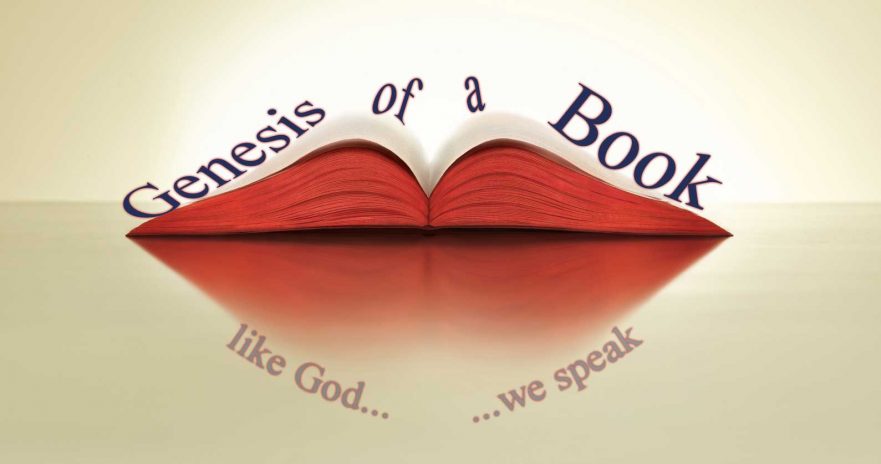Stories? Me? Write stories? That was my gut response when the scientific adviser for my book, “Teach it to Your Children: How Kids Lived in Bible Days,” made one of his first suggestions to me, because until then, my specialty was non-fiction—informing readers how people lived in Bible times.
And Where Did You Go for the Seder?
We are now in the middle of Passover week and one frequently hears the question, “And where did you go for the Seder [the special home service on the first night of Passover]?” Answers are varied: “To my family’s home.” “To friends.” “To a hotel in Eilat.”
Cataloging the Gospels’ Hebraisms: Part Three (Impersonal “They”)

Awareness of even the simplest Hebrew grammatical structure can bring to life a vague, or difficult-to-understand, saying of Jesus. Since potential Hebrew idioms are so dense in the Greek texts of Matthew, Mark and Luke, one has to ask, Could these apparent Hebrew idioms be evidence that the synoptic Gospels are descendants of an ancient translation of a Hebrew “Life of Jesus,” the gospel that the church father Papias spoke of when he wrote: “Matthew…arranged the sayings [of Jesus] in the Hebrew language”?
What’s Happening to the Holy Tongue?
English speakers who live in Israel are reminded regularly of the inroads English is making in Hebrew.
‘When you see the south [southeast, east] wind blow’
Israel is having a Sirocco this week, typical of April and May, with temperatures in Jerusalem soaring to 37 degrees (98 Fahrenheit) and over 40 degrees (104) in most of the rest of the country. Jesus said: “And when you see the south wind blowing, you say, ‘There will be scorching heat’; and it happens” (Luke 12:55).
An Interview with Barbara Chambers, JP Office Administrator
You may have received a letter from her. Or maybe you met her at a conference or workshop. In one way or another, she has had a part in your connection with Jerusalem Perspective. Her name is Barbara Chambers and she has been our office administrator since the end of 1994.
Musalaha Conference for Christian Arab and Jewish Women 2003
One of the most amazing and unusual experiences we have living in Israel is to see people who are avowed enemies nationally and historically come together in harmony and peace. A number of Israeli organizations bring together Arabs and Jews who have mutual interests (for example, in the area of the arts). Often harboring strong religious and political differences, these people get to know and understand each other on a personal level.
Joy Comes in the Morning
April here in Israel was a month of mixed emotions, a mixture of joy and sorrow. There were two major commemorations: Holocaust Remembrance Day (April 19) and Memorial Day (April 25); and two major joyous celebrations: Pesach, or Passover (April 8-14), and Independence Day (April 26).
Seder with Family
A visitor to Israel last night might have been puzzled by seeing the streets heavy with traffic, especially since it was already one o’clock in the morning. The reason was that last night was the first night of the annual week-long Passover festival celebrating the Jewish exodus from Egypt thousands of years ago, and people were returning home after taking part in a Passover Seder (the ceremonial meal on the first night of Passover).
Women Building Bridges Over Conflict
Those of us who live in the Middle East often find ourselves in the middle of the conflicts that arise here. I recently attended a conference of Christian Jewish and Arab women held in Jerusalem. The conference was organized by Musalaha, a ministry of reconciliation directed by Salim Munayer.

